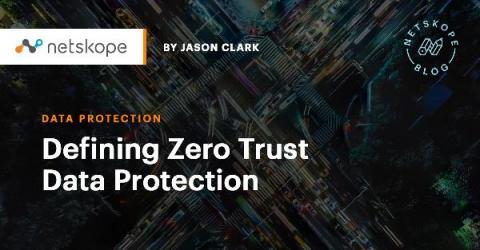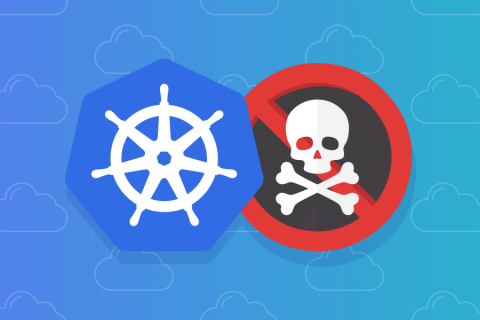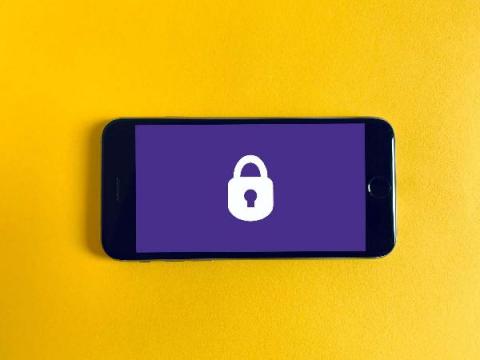Defining Zero Trust Data Protection
The biggest fundamental shift in the era of digital transformation is that data is no longer on a CPU that the enterprise owns. Security teams focused on cloud must invest in the right technology to achieve more complete data protection, and we all need to ensure Zero Trust principles are applied everywhere data needs protection. At Netskope, we describe this as Zero Trust Data Protection. In its simplest form, Zero Trust means: Don’t trust the things you do not need to trust.











